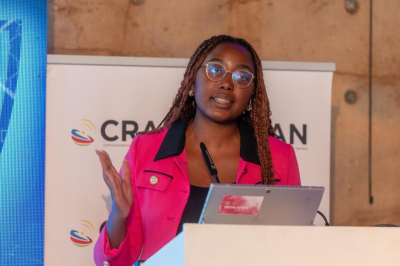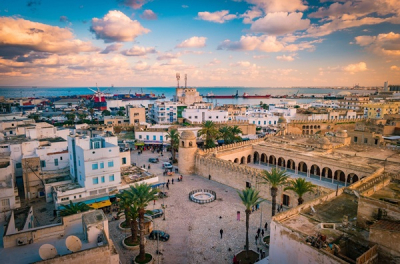The startup environment in Africa has been booming in recent years. Investments attracted by this sector continue to grow steadily, but several regional and national weaknesses still prevent the continent from unlocking its full potential.
Over the past seven years, the lion's share of investment attracted by startups in Africa has been captured by the Anglophone region of the continent. In its "Francophone Africa. State of Technology and Investment" report published in May 2021, Briter Bridges – a research firm focused on data on innovation and technology ecosystems in emerging markets- revealed that of the $8.8 billion raised between 2015 and 2021, Francophone Africa only captured $417.9 million.
"Our interviews showed that lack of clarity around regulations, scarce capital pools, language barriers, and limited networking opportunities remain some of the greatest challenges to consider when entering the francophone African market," the research firm said. Also, the majority of poor performers for the World Bank’s 2020 Doing Business report were Francophones. Although the continent continues to experience a lack of qualified human resources, governments and several international partners are working to close the gap through digital skills development programs. This issue is, therefore, less of an obstacle to attracting investors, especially since startups can recruit from other countries if there is a real need.
However, in the absence of a credible business framework that fosters the emulation of entrepreneurs, investors will venture very little in markets where the risk of loss largely outweighs the chances of gain. Even if the innovative community seems dynamic, its ease to organize and create wealth will always prevail in the decision of businessmen, venture capital funds, and other business angels.
Senegal has demonstrated the positive impact of a regulatory framework tailored to technological innovation. In 2018, the country ranked 140th in the Doing Business. Senegalese startups attracted $6 million the same year, according to the Partech report on the level of funding attracted by startups in 2018.
In 2021, after the government passed a Startup Act, a law that facilitates the framework for creating, funding, and growing startups, Senegal's rank in Doing Business 2020 improved significantly to 123rd. The 2020 edition of Partech's report found that the credibility of its startup ecosystem has strengthened the interest of tech investors, who have invested $353 million.
According to the Tony Blair Institute for Global Change, “tech ecosystems drive economic growth. The digital economy will contribute an estimated $300 billion to African GDP by 2025, providing much-needed employment on a continent where three to four times more people enter the job market than actual roles are created."
In its report "Supercharging Africa's Startups: The Continent's Path to Tech Excellence" published on February 15, 2022, the research center estimates that African startups can raise $90 billion by 2030. It also emphasizes the creation of an appropriate business environment as one of the strategic reforms needed to avoid missing this opportunity.
Muriel Edjo



















